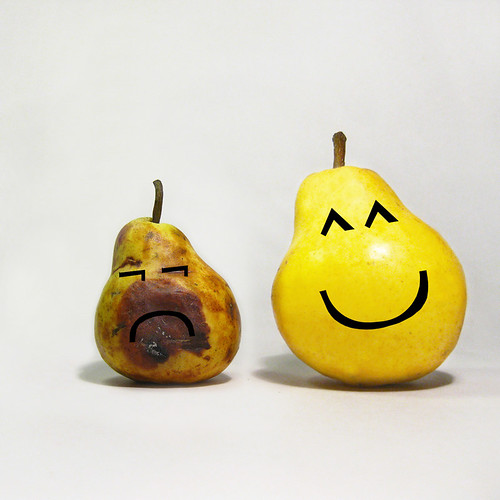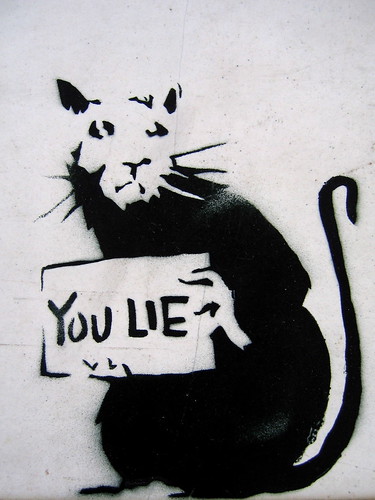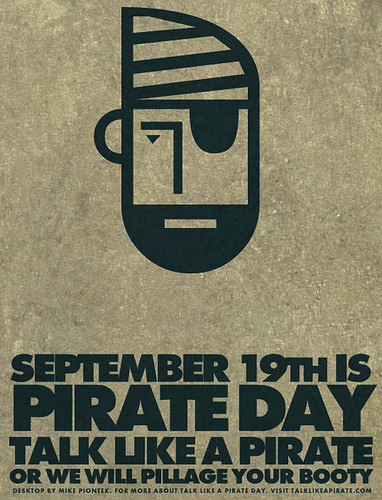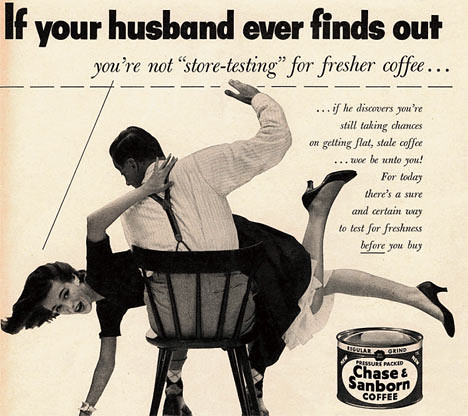Are angry people more creative than sad people?
ecdotes and introspective reports from eminent scientists and artists aside, a systematic test of the putative creativity-enhancing effect of anger is missing. This article fills this void with three experiments examining creativity as a function of anger (vs. sad or mood-neutral controls). Combining insights from the literatures on creativity and on mood and information processing the authors predicted that anger (vs. sadness and mood-neutral control) triggers a less systematic and structured approach to the creativity task, and leads to initially…
1 min read
What’s a quick trick to help you spend less money?
a Journal of Consumer Research: To examine consumers‟ feelings of constraint, Spiller assigned study participants to a monthly budget group or a weekly budget group and gave them the opportunity to make 20 purchases. Those in the monthly group were given a sum of money at the beginning that they could spend throughout, whereas those in the weekly group were given a smaller amount four times throughout the study. “Compared to those in the monthly budget group, those in the weekly budget group looked at future…
1 min read
What improves performance more: envy or admiration?
ur studies tested the hypothesis that the emotion of benign envy, but not the emotions of admiration or malicious envy, motivates people to improve themselves. Studies 1 to 3 found that only benign envy was related to the motivation to study more (Study 1) and to actual performance on the Remote Associates Task (which measures intelligence and creativity; Studies 2 and 3). Study 4 found that an upward social comparison triggered benign envy and subsequent better performance only when people…
1 min read
Married Baseball Players Make More Money
s: Using a sample of professional baseball players from 1871 - 2007, this paper aims at analyzing a longstanding empirical observation that married men earn significantly more than their single counterparts holding all else equal (the “marriage premium”). Baseball is a unique case study because it has a long history of statistics collection and numerous direct measurements of productivity. Our results show that the marriage premium also holds for baseball players, where married players earn up to 16 percent more…
1 min read
Are there tricks to detecting deception?
a Science Daily: Geiselman and his colleagues have identified several indicators that a person is being deceptive. The more reliable red flags that indicate deceit, Geiselman said, include: When questioned, deceptive people generally want to say as little as possible. Geiselman initially thought they would tell an elaborate story, but the vast majority give only the bare-bones. Studies with college students, as well as prisoners, show this. Geiselman's investigative interviewing techniques are designed to get people to talk. Although deceptive people…
3 minutes
Talking To Yourself Can Improve Performance
lf-talk in sport has been widely researched with somewhat conflicting results (Van Raalte et al., 1995; Perkos et al., 2002). The purpose of this study was to assess the effectiveness of three different self-talk interventions on endurance performance. Participants were nine cyclists who performed a 20-minute cycling ergometer workout two times per week for five weeks. At each workout participants were requested to cycle as far as possible. A multiple-baseline design was utilized, which after varying baseline lengths allowed for…
1 min read
How Coffee Affects Men And Women Differently
a meeting becomes stressful, does it help, or make things worse, if team members drink lots of coffee? A study by Lindsay St. Claire and colleagues that set out to answer this question has uncovered an unexpected sex difference. For two men collaborating or negotiating under stressful circumstances, caffeine consumption was bad news, undermining their performance and confidence. By contrast, for pairs of women, drinking caffeine often had a beneficial effect on these same factors. The researchers can't be…
1 min read
How To Speak Persuasively
a Psyblog: Stephen Smith and David Shaffer, for example, tried to convince one group of student participants the legal age for drinking should be kept at 21 (Smith & Shaffer, 1991). Another group they tried to persuade the age should not be 21 (this was shortly after the legal age for drinking in the US was raised to 21). Fast, slow and intermediate speech rates were employed and this time a telling twist emerged. When the message was counter-attitudinal (you'll be…
1 min read







